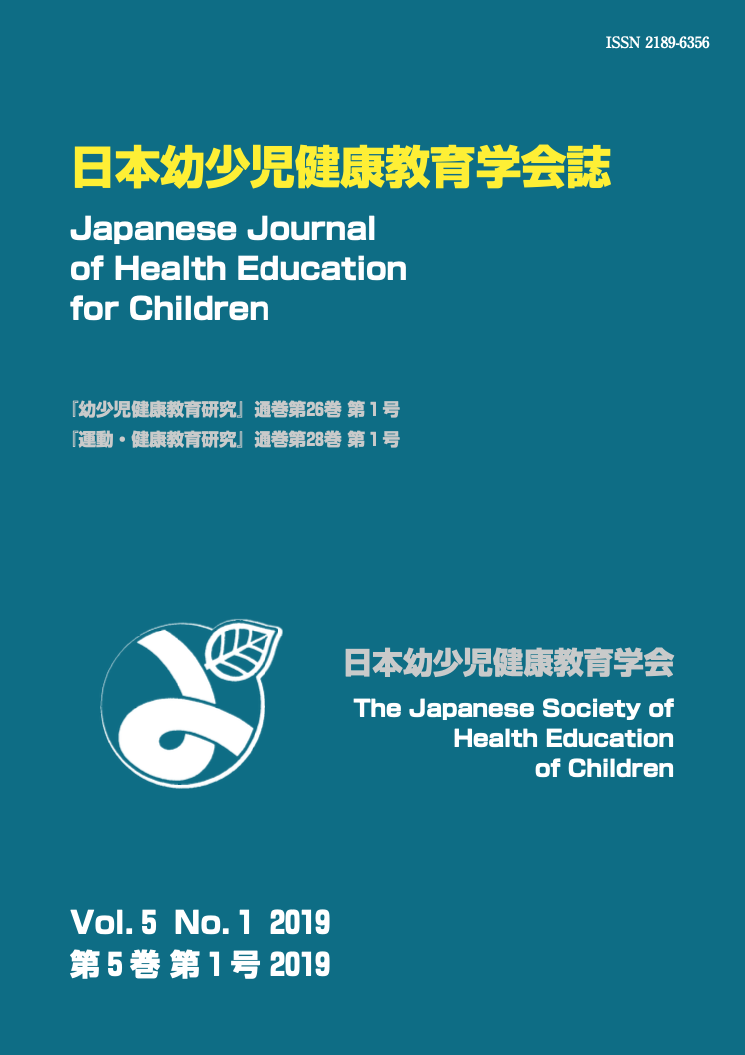Objective: This study tried and evaluated the courses to help mothers who are mainly responsible for cooking at home acquire knowledge, attitudes, and skills on desirable diet and health management and apply to health for families who need the prevention of metabolic syndrome.
Methods: Diet and health education courses were provided to 29 kindergartener’s mothers in two kindergartens and held for a total of 5 times between September and November in 2012. The contents of the courses were diet management (menu planning, food selection, cooking skills) and parent-child exercises. The evaluation of the courses was conducted through a self-administered survey distributed before and after the courses. Statistical analyzes were performed of 26 mothers that completed survey before and after.
Results: The percentage of mothers who correctly understood about metabolic syndrome was 42.3% before the courses, while it was 88.5% after the courses. The percentage of mothers who thought that it was “very important” to take vegetable dishes 2‒3 times a day for diet and health management was 46.2% before the courses, while it was 76.9% after the courses. In addition, the percentage of mothers who did it in daily meals was 30.8% before the courses, while it was 50.0% after the courses. The percentage of mothers who thought that it was “important” to plan devised menu food selection and cooking method was 34.6% before the courses, while it was 53.8% after the courses. In addition, the percentage of mothers who hardly practice it in daily meals was 53.8% before the courses, while it was 19.2% after the courses. The percentage of mothers who stated that “they have cooking skills for diet and health management for themselves and their family” was 19.2% before the courses, while it was 46.2% after the courses.
Conclusions: The courses in this study was suggested as diet and health education that mothers understood correctly about metabolic syndrome, acquired the proactive attitudes necessary for diet and health management for themselves and their family and practiced the skills they gained during the courses in daily life.
抄録全体を表示
